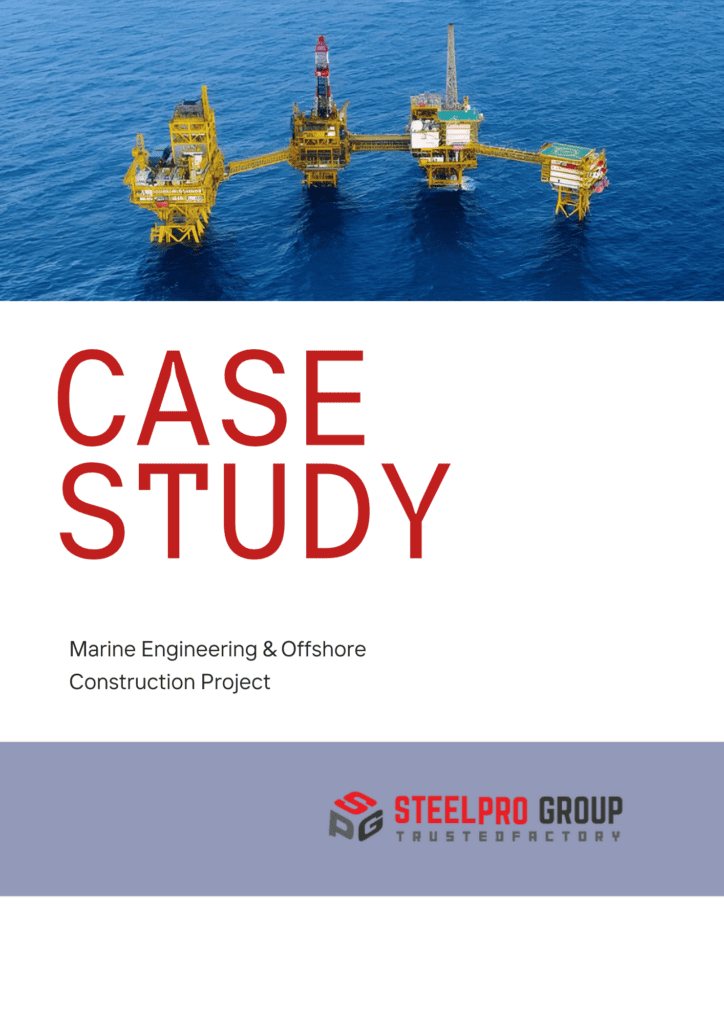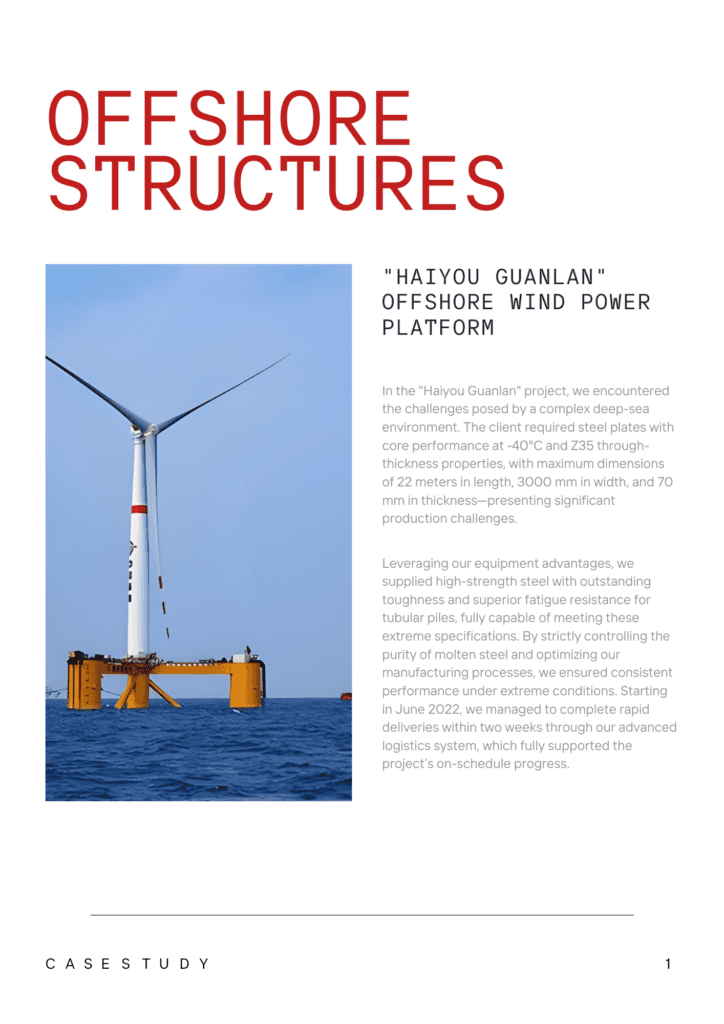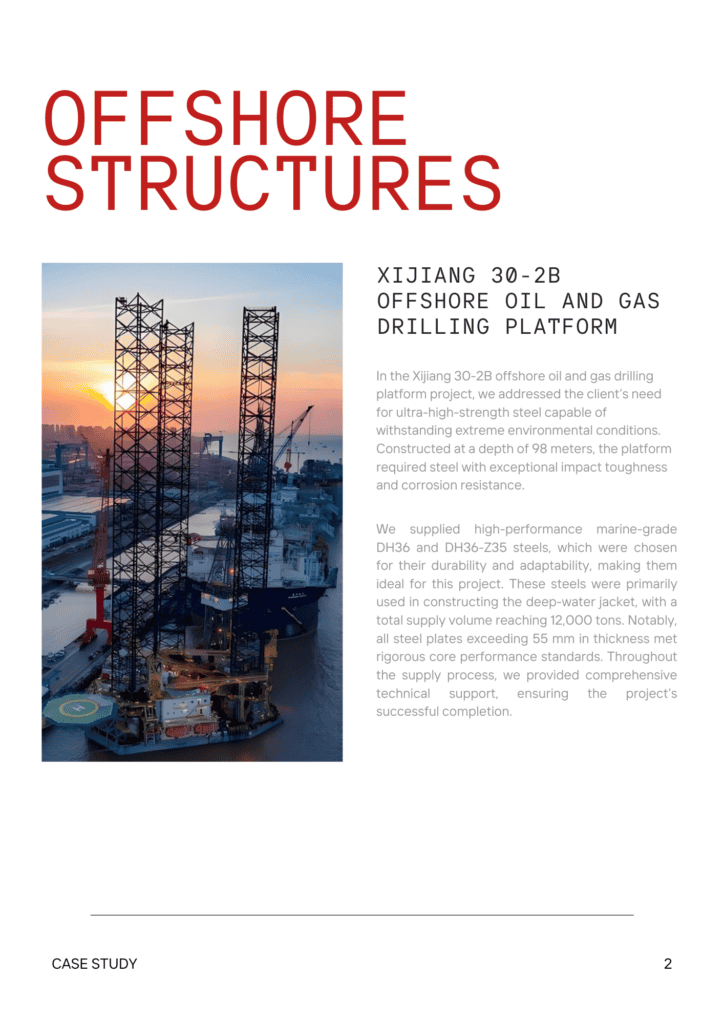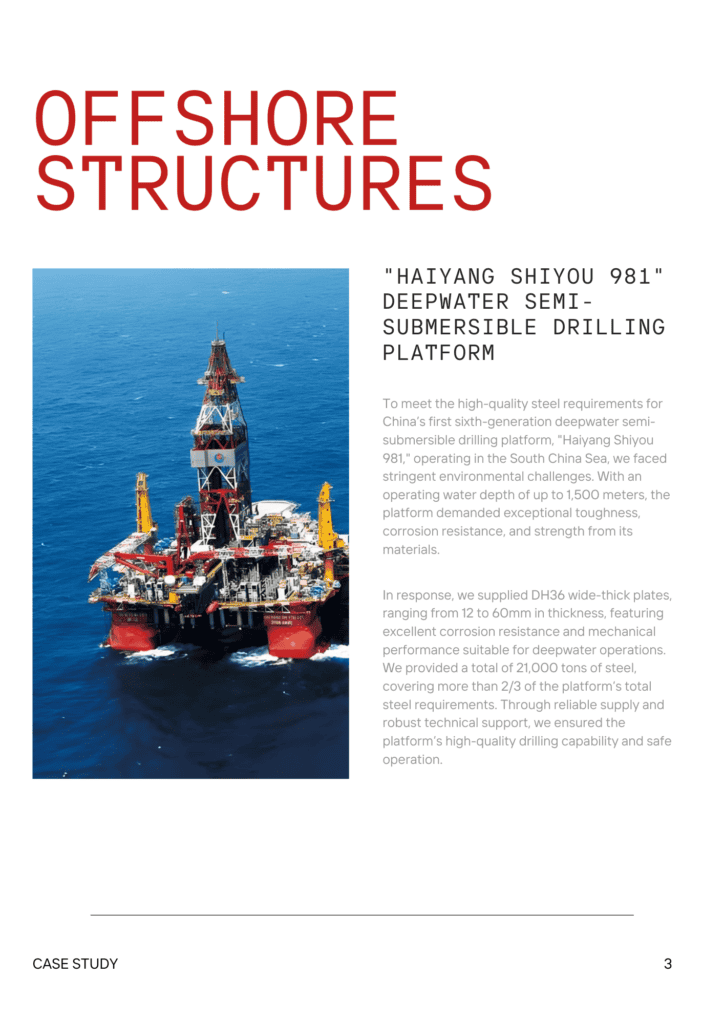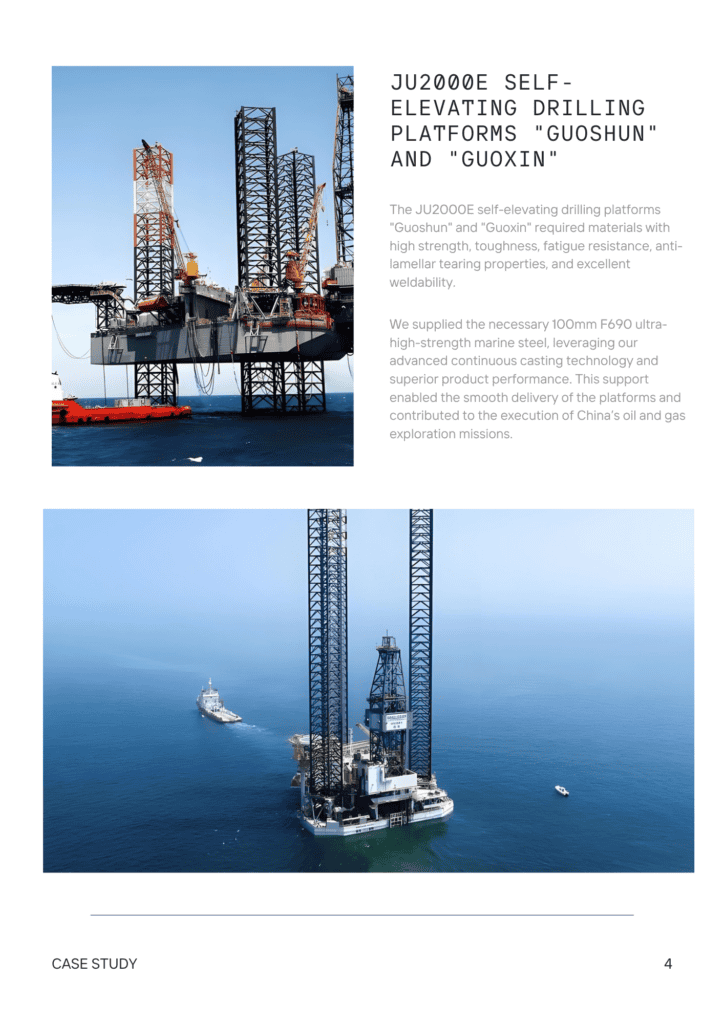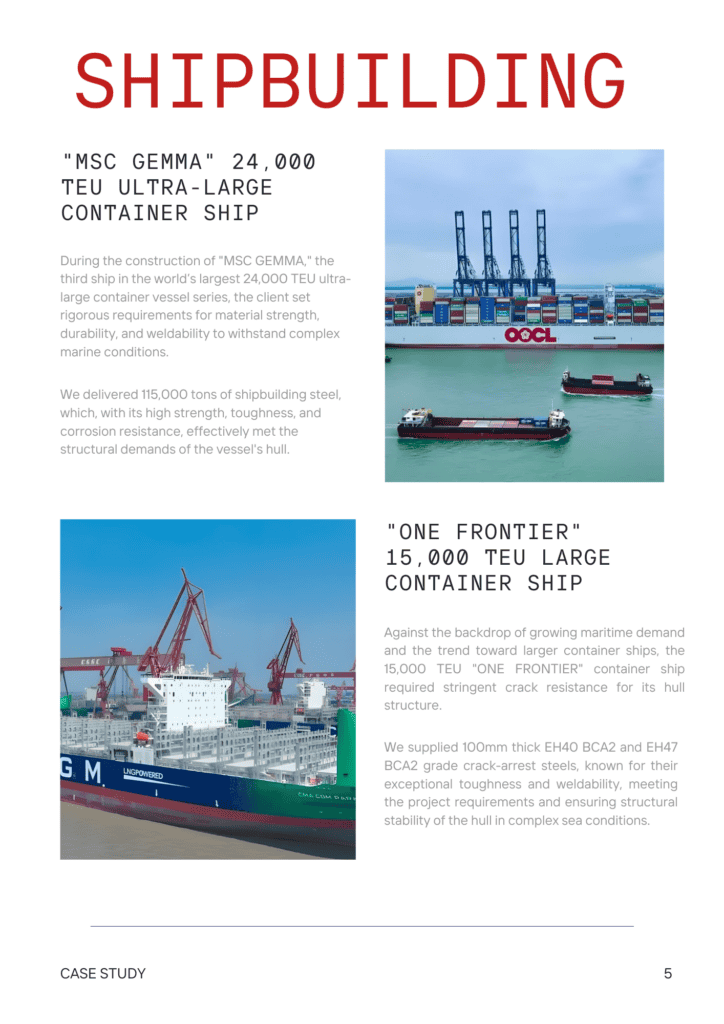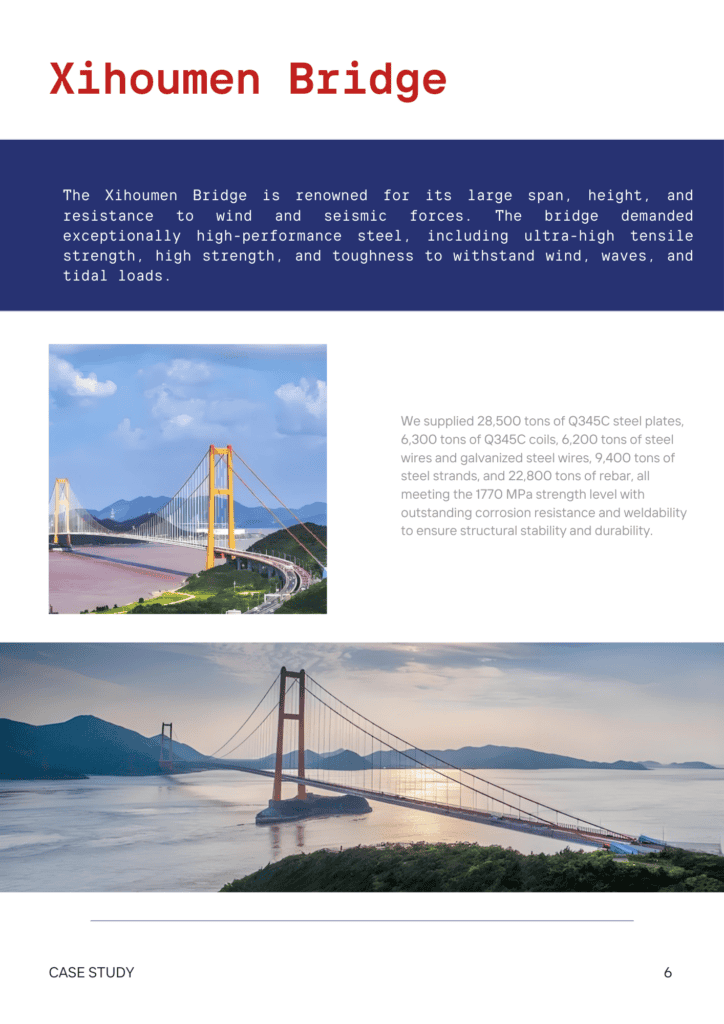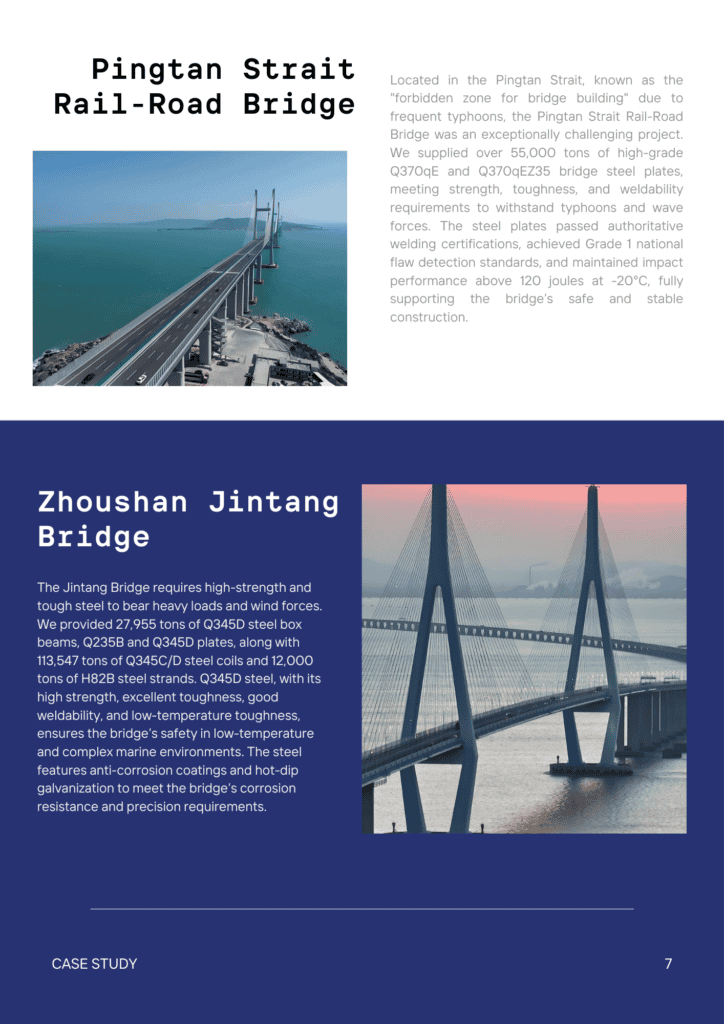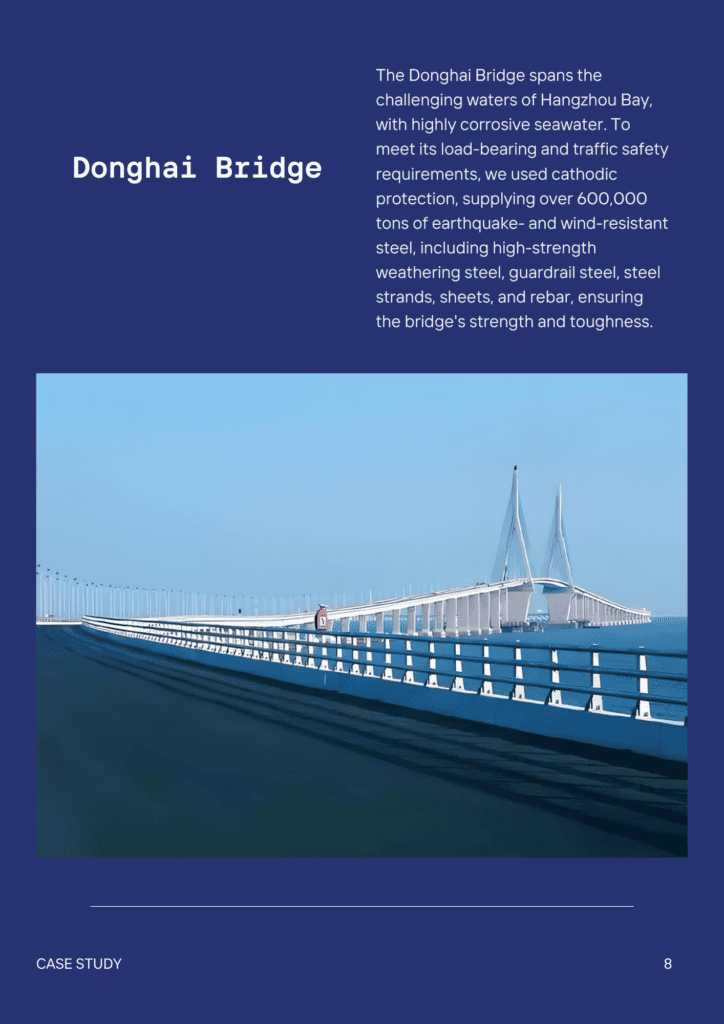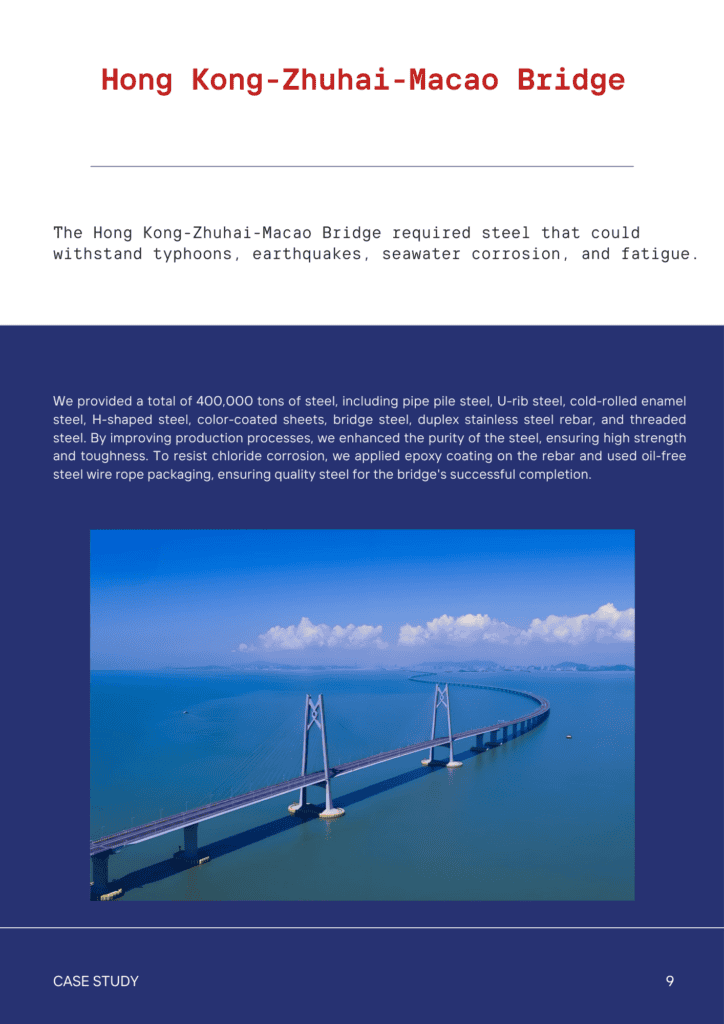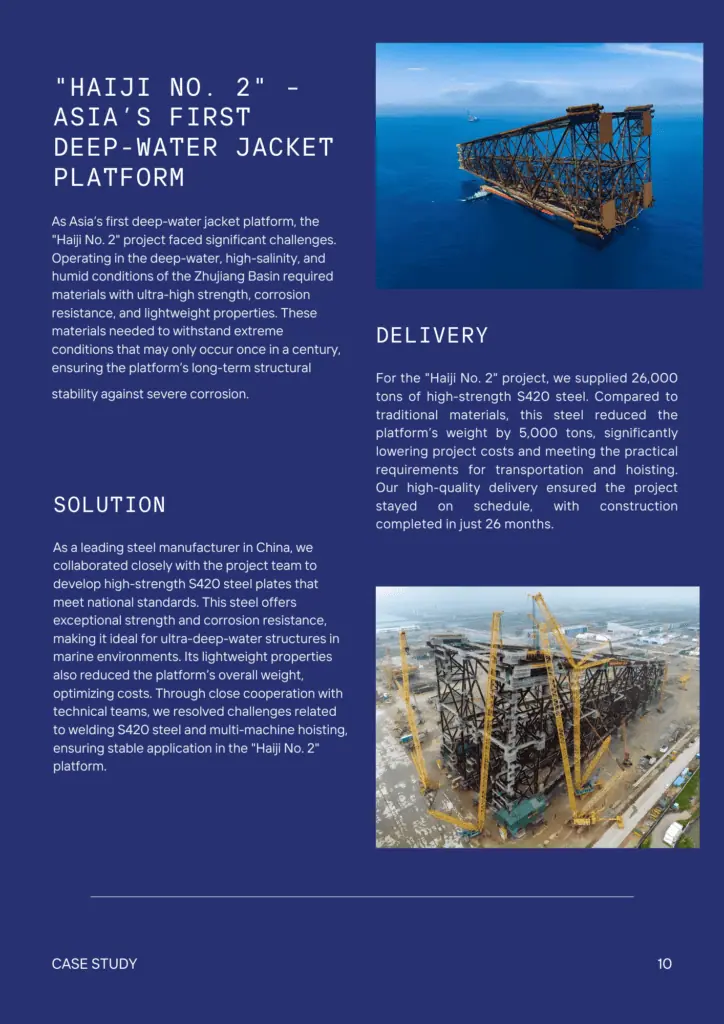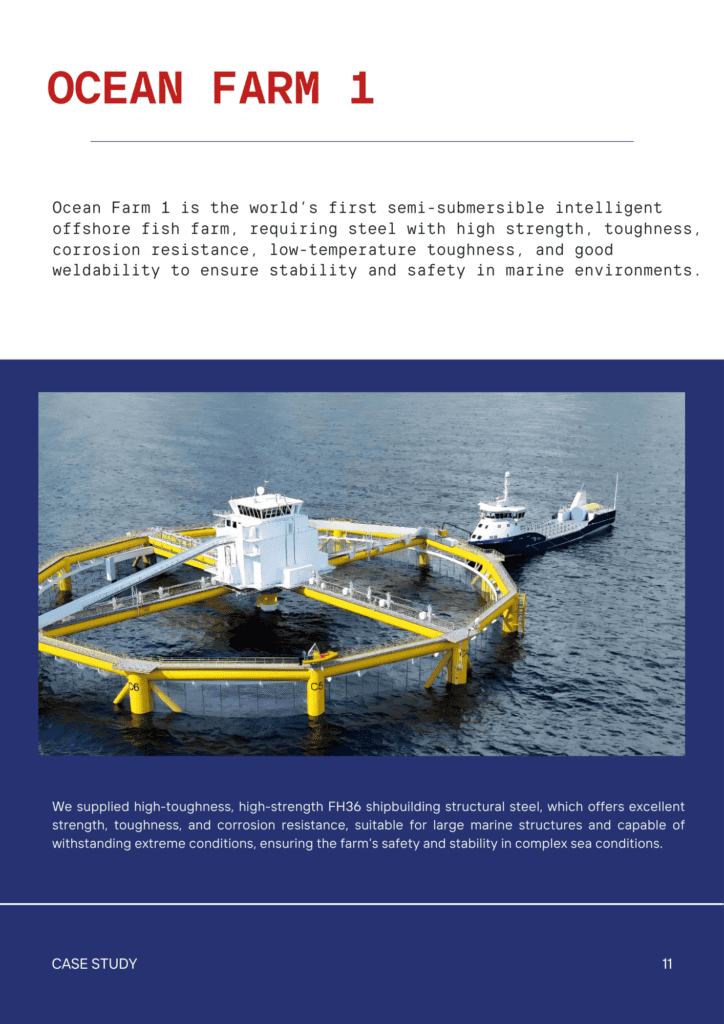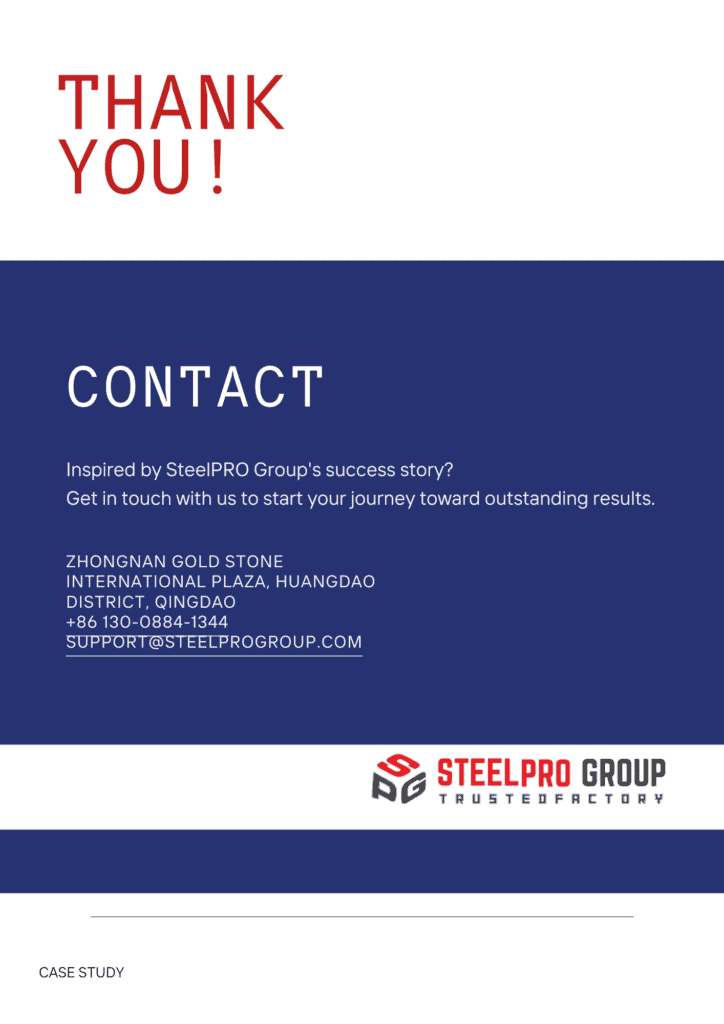Contents
Tool Steel AISI P20 Mold Steel | 3Cr2Mo | 1.2311
- John
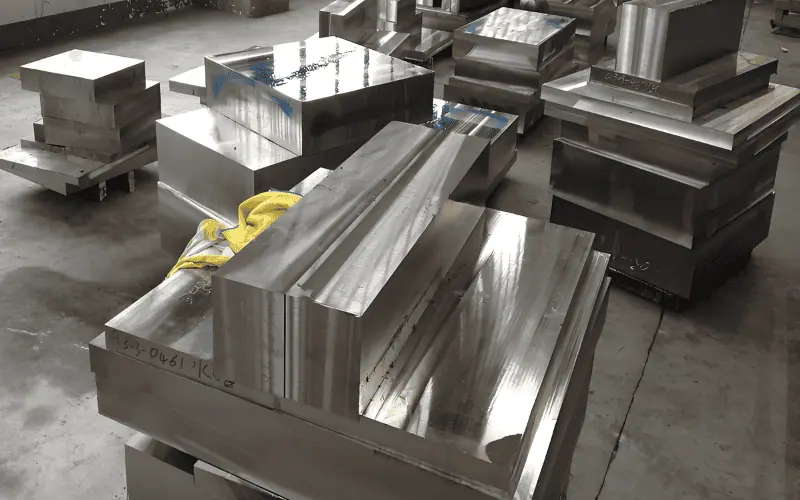
At SteelPro Group, we are a trusted supplier of high-quality P20 tool steel. Known for its toughness and machinability, our P20 products are perfect for mold-making and tooling. With precise tolerances and custom sizes available, we deliver reliable solutions to meet your steel needs.
What Is P20 Tool Steel?
P20 tool steel is a flexible, low-alloy metal recognized for its excellent durability at moderate strength levels. Its chromium and nickel content enhances both toughness and hardness. P20 also offers excellent machinability and polishability.
Commonly used for injection mold cavities, tools, and zinc die-casting molds, SteelPro Group P20 steel is typically supplied pre-hardened at around 300 HBW. The steel can undergo additional treatments such as nitriding or carburizing to improve its properties.
What Is Equivalent to P20 Steel?
L2 steel is equivalent to 3Cr2Mo in the Chinese GB/T 1299 standard, P20 in the ASTM A681 standard, and 1.2311 in the DIN EN ISO 4957 standard.
P20 Tool Steel Key Properties
- High Toughness: Excellent resistance to cracking and impact, ensuring durability under stress.
- Excellent Machinability: Easy to machine, allowing for efficient processing of complex parts.
- Pre-hardened: We delivered at 300 HBW, minimizing the requirement for further heat treatment.
- Moderate Wear Resistance: Provides good wear resistance without excessive hardness.
- Dimensional Stability: Maintains shape and size during machining and heat treatment processes.
P20 Tool Steel Products Forms And Supply Range
SteelPro Group provides premium P20 tool steel materials that adhere to global standards. With strict tolerance controls, we ensure reliable and precise materials. We also offer tailored sizes to fulfill your unique requirements.
| Product Form | Size Range (Metric) | Size Range (Imperial) |
| Tool Steel Plates | Thickness: 10 mm to 300 mmWidth: 100 mm to 2500 mmLength: 200 mm to 6000 mm | Thickness: 0.4 in to 12 inWidth: 4 in to 100 inLength: 8 in to 236 in |
| Tool Steel Bars | Round Bars: 20 mm to 500 mm diameterSquare Bars: 20 mm to 300 mm side lengthLength: 3000 mm to 6000 mm | Round Bars: 0.8 in to 20 in diameterSquare Bars: 0.8 in to 12 in side lengthLength: 118 in to 236 in |
| Tool Steel Blocks | Width/Length: 100 mm to 1200 mmHeight/Thickness: 50 mm to 400 mm | Width/Length: 4 in to 47 inHeight/Thickness: 2 in to 16 in |
| Tool Steel Forgings | Customized sizes based on requirements | Customized sizes based on requirements |
P20 Tool Steel Chemical Composition
| Element | Composition (%) |
| Carbon (C) | 0.28 – 0.40 |
| Chromium (Cr) | 1.4 – 2.0 |
| Iron (Fe) | 97, as balance |
| Manganese (Mn) | 0.60 – 1.0 |
| Molybdenum (Mo) | 0.30 – 0.55 |
| Phosphorus (P) | ≤ 0.030 |
| Silicon (Si) | 0.20 – 0.80 |
| Sulfur (S) | ≤ 0.030 |
P20 Tool Steel Physical Properties
| Property | Metric Value | Imperial Value |
| Density | 7.85 g/cc | 0.284 lb/in³ |
| Coefficient of Thermal Expansion | 12.8 µm/m·°C (at 20.0°C) | 7.10 µin/in·°F (at 68.0°F) |
| Thermal Conductivity | 29.0 – 34.0 W/m·K | 201 – 236 BTU·in/hr·ft²·°F |
| Specific Heat | 460 J/kg·K | 0.110 BTU/lb·°F |
P20 Tool Steel Mechanical Properties
| Property | Metric Value | Imperial Value |
| Hardness, Brinell | 300 | 300 |
| Hardness, Rockwell C | 30 | 30 |
| Tensile Strength, Ultimate | 965 – 1030 MPa | 140000 – 150000 psi |
| Tensile Strength, Yield | 827 – 862 MPa | 120000 – 125000 psi |
| Elongation at Break (in 50 mm /2″) | 20 % | 20 % |
| Modulus of Elasticity | 205 GPa | 29700 ksi |
| Compressive Strength | 862 MPa | 125000 psi |
| Charpy Impact (V-Notch) | 27.1 – 33.9 J | 20.0 – 25.0 ft-lb |
P20 Tool Steel Heat Treatment
We offer P20 tool steel in the annealed condition, ensuring excellent machinability and minimal residual stresses. This makes our P20 ideal for mold-making and tooling applications, delivering reliable performance and precision in every project.
Forging
For P20 tool steel, the ideal forging temperature range is between 1149°C (2100°F) and 1260°C (2300°F). After forging, allow the steel to cool slowly to avoid cracking.
Annealing
To anneal P20, heat the steel to a temperature range of 760-788°C (1400-1450°F). Maintain the temperature for 1 hour for every 25.4mm (1 inch) of thickness, with a minimum duration of 2 hours. After holding, allow the steel to cool gradually in the furnace, at a rate no faster than 4°C (40°F) per hour, until it reaches room temperature.
Stress Relieving
After machining or during intermittent service, heat P20 to 482°C (900°F). Maintain the temperature for 1 hour per 25.4mm (1 inch) of thickness, then allow the material to cool in the air to room temperature. This procedure helps alleviate internal stresses and enhances the steel’s stability in terms of dimensions.
Hardening
- Preheating: Heat P20 at a rate not exceeding 222°C (400°F) per hour to a temperature between 621-677°C (1150-1250°F). Allow the steel to equalize at this temperature.
- Austenitizing: Heat the steel rapidly to 843°C (1550°F) after preheating. Soak for 30 minutes for the initial 25.4mm (1 inch) of thickness, with another 15 minutes for each extra inch.
- Quenching: Use pressurized gas or interrupted oil quenching to cool the steel to 66-51°C (150-125°F). If oil quenching, quench until the steel turns black at about 482°C (900°F), then finish cooling in still air.
Tempering
Tempering should be done immediately after quenching. Heat P20 to a temperature range of 482-593°C (900-1100°F) for 1 hour per 25.4mm (1 inch) of thickness, with a minimum holding time of 2 hours. After tempering, cool the steel in the air to room temperature.
P20 Tool Steel Applications
P20 tool steel is commonly used for:
- Injection Molding Dies
- Blow Molding Tools
- Compression Molds
- Die-Casting Molds
- Forming Dies
- Core Pins and Inserts
4140 Steel vs P20 Steel
While 4140 is used in high-stress applications, P20 is better suited for tooling with medium strength requirements.
4140 steel offers higher strength and hardness due to its chromium and molybdenum content, making it suitable for heavy-duty applications like gears and shafts. P20, a pre-hardened tool steel, is ideal for mold-making, offering good machinability and toughness for plastic injection molds and die-casting.
P20 Steel VS A2 Steel
P20 is better for plastic molding, while A2 tool steel excels in high-precision, high-wear tooling.
P20 steel is pre-hardened and primarily used for mold-making, offering good machinability and toughness. A2 steel, with its higher carbon content, is tougher and more wear-resistant, making it suitable for cutting tools, dies, and punches.
H13 Steel VS P20 Steel
H13 steel plate is better for high-temperature applications, while P20 is ideal for medium-strength tooling.
H13 is a heat-resistant tool steel known for its strong resistance to heat-induced cracking and wear at high temperatures, making it perfect for die-casting and hot-forging tools. P20, in contrast, is used for cold-work tooling like plastic molds and is valued for its machinability and dimensional stability.
Custom P20 Tool Steel Solutions for Your Needs
If you’re looking for reliable P20 tool steel, SteelPro Group is here to help. We offer a variety of products, including plates and bars, with custom sizes available to meet your specifications. Our services include cutting, grinding, and other machining options to ensure the perfect solution for your project.



